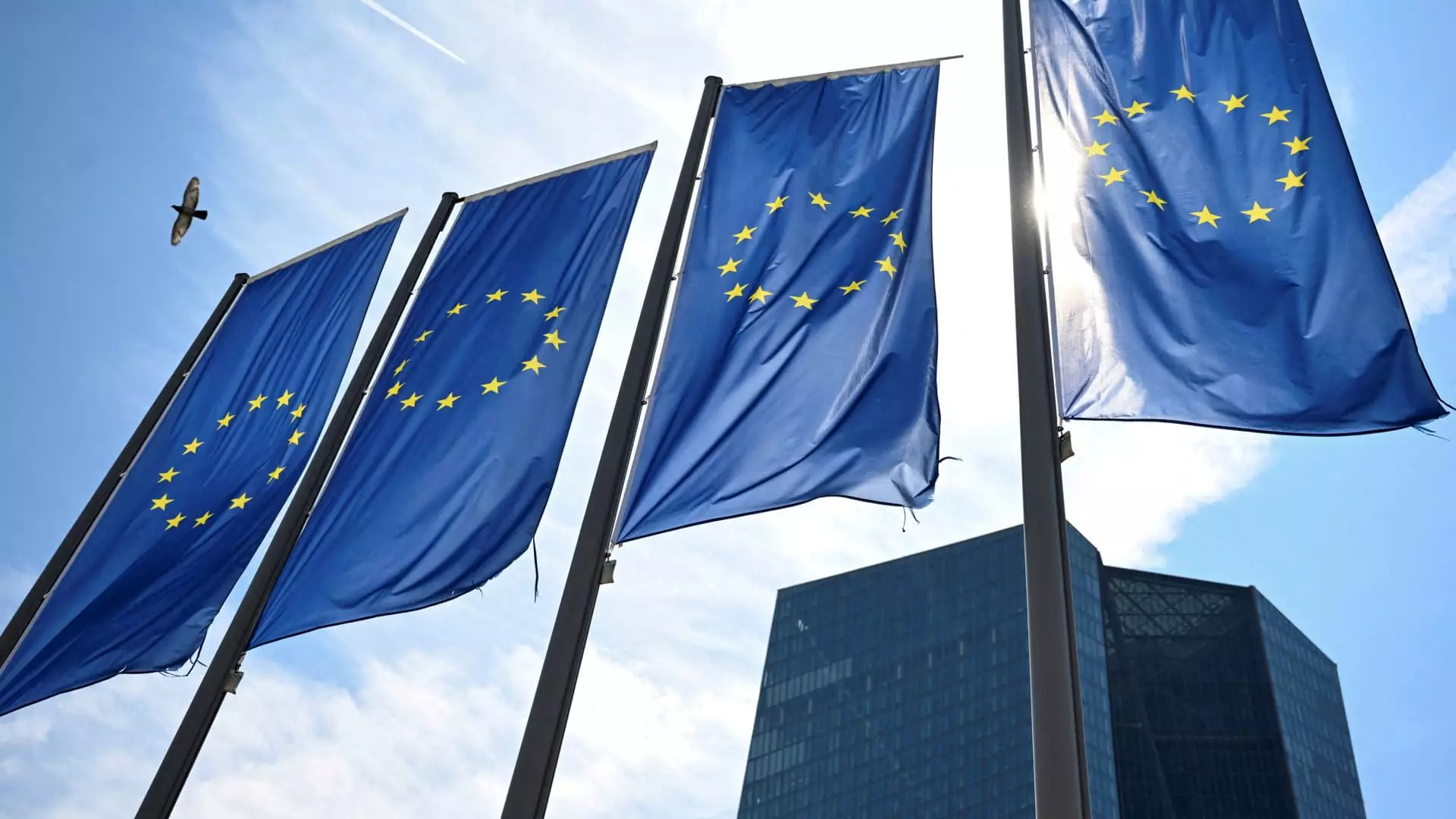As European leaders convene today to strategize about necessary defense investments, the shadow cast by U.S. President Donald Trump’s trade policies looms large. With new tariffs set to take effect on imports from Mexico, Canada, and China, this meeting takes place under a cloud of uncertainty—particularly about the implications these U.S. actions could have on Europe. While European goods have so far escaped Trump’s crosshairs, this respite may be fleeting, and leaders are acutely aware that they could find themselves facing competitive disadvantages soon.
Trump’s rhetoric and recent pronouncements regarding U.S. trade deficits, particularly with the European Union (EU), have sent ripples through international markets. He underscored a perceived inequity in trade, citing a staggering $300 billion deficit with the EU as justification for potential future tariffs. While Trump has yet to specify a timeline for any new tariffs on European imports, his comments indicate a clear desire to confront what he sees as an unjust trade imbalance. This brewing tension has left EU officials in a precarious situation, balancing immediate economic interests with long-term strategic alignments.
In 2023, the EU found itself in a complex trading relationship with the U.S., holding the title of America’s largest export market. However, insights from the European statistics office reveal that this relationship is far from simple! The EU primarily exports vehicles and pharmaceuticals, while it relies heavily on U.S. oil and natural gas imports. This dynamic creates a multifaceted dependency, making any shifts in tariff policies especially consequential for both sides.
Ahead of the meeting, EU officials are bracing for potential discussions surrounding tariff implications, even if the agenda doesn’t explicitly cover them. One unnamed EU official indicated that while a deep dive into strategic responses to U.S. tariffs may not take place, the underlying tension will likely surface during discussions among leaders. The atmosphere of caution surrounding the meeting indicates a united front, as European leaders understand the importance of showing solidarity amid external pressures.
The prospect of direct confrontations with the U.S. highlights the critical need for the EU to remain proactive. As the U.S. continues to implement tariffs, the EU’s approach has included preparations for potential retaliatory measures. According to an EU spokesperson, there is a strong belief in maintaining a rules-based trading system, underscoring a commitment to low tariffs as a means to foster economic growth. The underlying message is clear: the EU is prepared for a robust response if unfair tariffs are imposed on its goods.
With an eye on the future, there are strategic discussions within the EU revolving around increasing energy purchases, especially liquefied natural gas (LNG), as a means to mitigate potential trade fallout. This pivot towards energy markets signifies a recognition of the evolving geopolitical landscape, where energy independence can offer leverage in negotiations. However, even this strategic course is not without its challenges. A senior diplomat, speaking anonymously due to the sensitivity of the situation, noted that while negotiating terms may appease some tensions, avoiding an escalation in trade disputes remains an uphill battle.
The underlying consensus among European leaders is a palpable urgency; they understand that the dual pressures of a confrontational U.S. trade policy and their regional economic stability necessitate swift and deliberate action. With energy dynamics shifting, the EU’s ability to navigate these complexities will be pivotal in determining its economic future.
The challenges stemming from Trump’s ambitious tariff strategy call for a recalibration of European economic policies. The commitment to firm negotiations and strategic energy imports presents a dual avenue for both maintaining economic fortitude and safeguarding against potential fallout from U.S. policies. As the EU leaders meet to discuss defense spending, the need for cohesive action against external pressures cannot be overstated. The coming hours could set the tone for how Europe will respond to the provocative trade landscape shaped by the United States, marking a defining moment in transatlantic relations.

